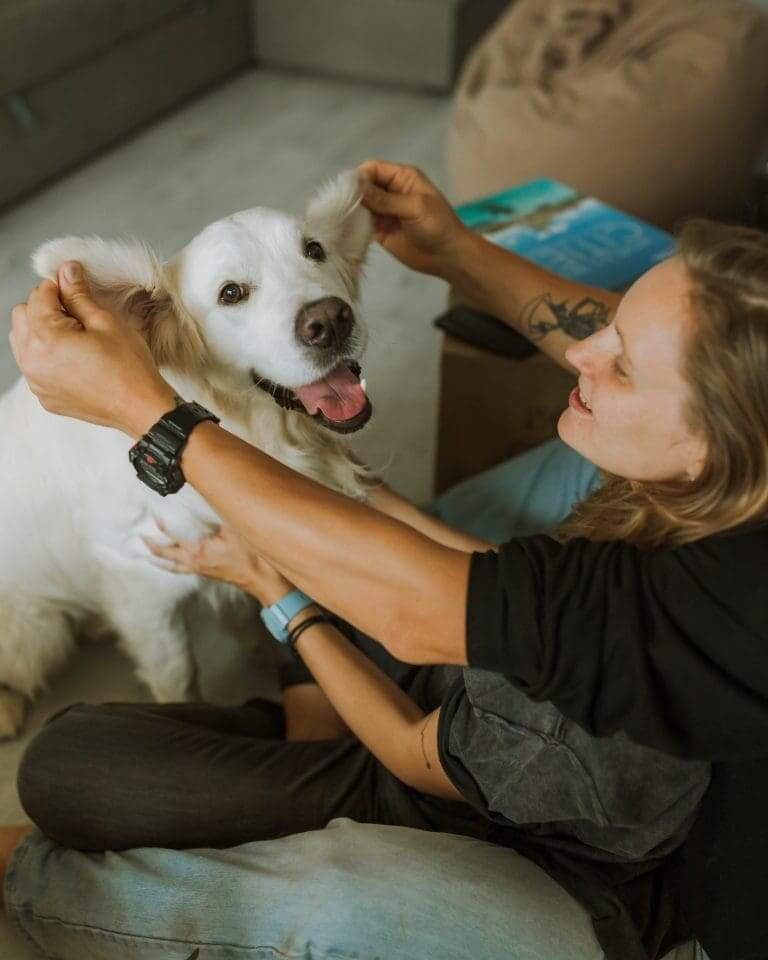How To Treat Anemia In Dogs At Home?
Post Date:
December 10, 2024
(Date Last Modified: December 10, 2024)
Anemia in dogs is a serious condition that can lead to various health issues if not addressed promptly. As a dedicated pet owner, recognizing the signs of anemia and managing it effectively is vital, particularly when veterinary support may be limited. While it’s always best to consult with your veterinarian for a proper diagnosis and treatment plan, there are steps you can take at home to support your dog’s health and well-being.
Understanding Anemia
Anemia occurs when a dog has a lower than normal number of red blood cells or hemoglobin. This can lead to reduced oxygen flow throughout the body, causing fatigue, weakness, and other symptoms. Common causes of anemia include blood loss from injury or internal bleeding, nutritional deficiencies, and chronic diseases. Identifying the underlying cause is crucial as it influences the treatment approach.
Recognizing Symptoms
Dogs with anemia may exhibit a range of signs such as lethargy, pale gums, rapid breathing, increased heart rate, and decreased appetite. If you observe these symptoms in your dog, consult your veterinarian for a thorough examination. They may recommend blood tests or other diagnostics to determine the cause of the anemia.
Nutritional Support
Once you have a diagnosis, several ways can help treat anemia in dogs at home. One important aspect of managing anemia involves providing a balanced diet rich in essential nutrients. Iron is a critical component of hemoglobin, and incorporating iron-rich foods can support the production of red blood cells. Lean meats, such as chicken and beef, as well as fish, are excellent sources of iron. If your dog is a picky eater, consider adding these proteins to their meals in an appealing manner.
In addition to iron, other nutrients play a significant role in blood health. Vitamin B12 and folic acid are essential for red blood cell production, so including foods rich in these vitamins in your dog’s diet is beneficial. Eggs, leafy greens, and certain fruits can provide these nutrients. If your dog is on a commercial diet, check the ingredient list to ensure it meets their nutritional needs. Discuss any concerns about their diet with your veterinarian.
Hydration Matters
Hydration is another crucial aspect of treating anemia. Ensure that your dog has access to fresh water at all times, as dehydration can worsen anemia. Encouraging your dog to drink is important; consider adding low-sodium broth to their water or food to make it more enticing.
Supplement Cautiously
In some cases, supplementation may be necessary to help treat anemia. Iron supplements can be beneficial, but they should only be given under the guidance of a veterinarian. Over-supplementing can lead to iron toxicity, which can be harmful. Discuss any potential supplements with your vet to ensure they are appropriate for your dog’s specific needs.
Importance of Rest
Rest is essential for a dog dealing with anemia. High levels of activity can tire them out quickly, so it’s important to allow your dog to rest and recover. Create a comfortable space where they can relax, and try to limit their exercise until they show signs of improvement. Gentle walks and light playtime can be beneficial once they start to regain their energy.
Monitoring Progress
Closely monitoring your dog’s condition is key. Keep an eye out for any changes in symptoms, appetite, or behavior. If you notice a decline in their condition or if new symptoms arise, seek veterinary care. Anemia can be a sign of more serious underlying conditions, and timely intervention can significantly impact your dog’s health.
Holistic Approaches
Incorporating holistic approaches into your dog’s care can also be beneficial. Herbal remedies may support your dog’s overall health, but it’s essential to approach this with caution. Some herbs can interact with medications or may not be suitable for all dogs. Consult with a veterinarian knowledgeable about holistic treatments to explore safe options that can complement your dog’s recovery.
Managing Stress
Stress management is important as well. Dogs are sensitive to their environment, and creating a calm, safe space can alleviate anxiety. Consider incorporating calming techniques such as gentle massage, soothing music, or even pet-safe aromatherapy. A peaceful atmosphere can help your dog feel more secure and relaxed during their recovery.
Regular Veterinary Check-ups
Regular follow-ups with your veterinarian are important to monitor your dog’s progress. Blood tests may be necessary to track changes in red blood cell levels and overall health. Your vet can adjust the treatment plan based on your dog’s response, ensuring they receive the best possible care.
Preventive Measures
Prevention is key to maintaining your dog’s health. Regular veterinary visits and vaccinations can help identify potential issues early on. A balanced diet, proper hydration, and a safe living environment all contribute to your dog’s overall well-being.
If your dog has experienced blood loss due to an injury or surgery, following post-operative care instructions closely is crucial. This may include monitoring the surgical site for signs of infection, managing pain, and ensuring that your dog receives adequate nutrition to support healing.
Understanding the potential causes of anemia empowers you as a pet owner. Regularly checking your dog for fleas and ticks, as well as maintaining proper dental hygiene, can help prevent conditions that may lead to anemia. Keeping your dog’s vaccinations up-to-date can also protect them from diseases that could impact their blood health.
Treating anemia in dogs at home requires a combination of proper nutrition, hydration, rest, and careful monitoring. While home care can be effective for managing mild cases, it’s essential to work closely with your veterinarian to ensure that your dog receives the best treatment possible. Anemia can be serious, but with the right approach and support, many dogs can recover and lead healthy, happy lives. Your commitment to your dog’s health is invaluable, and taking proactive steps can significantly enhance their quality of life.






